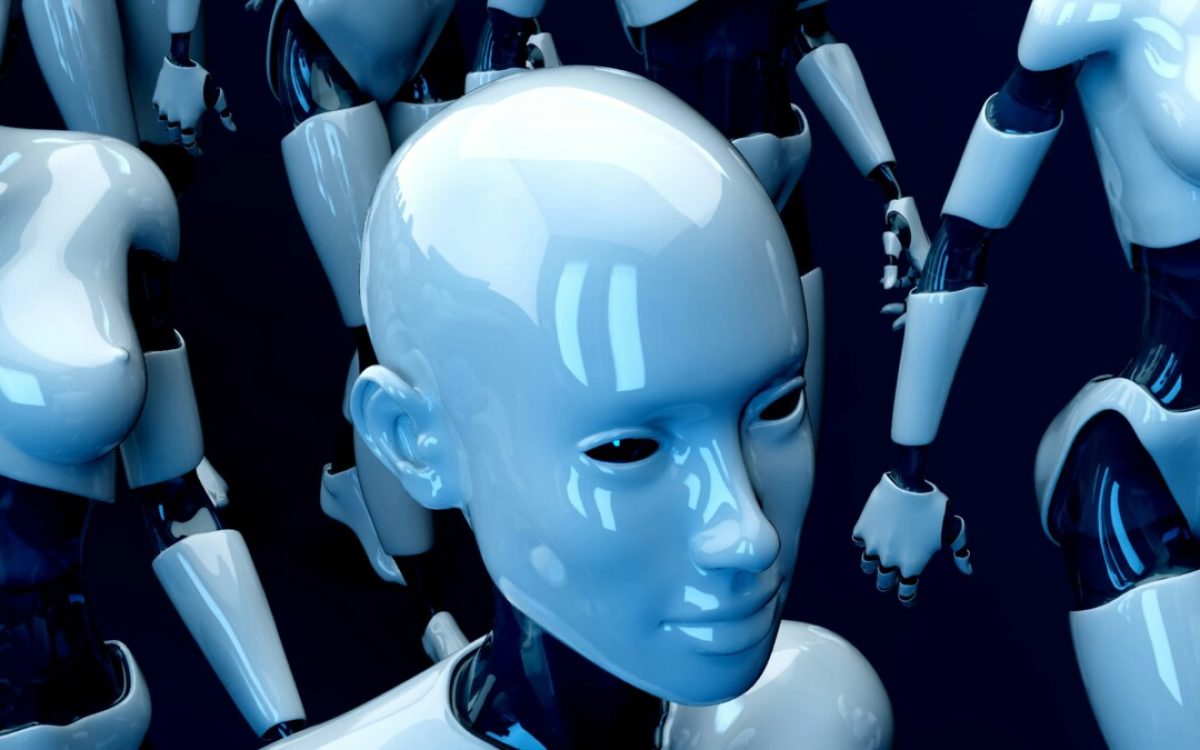Ethical AI Practices: Building a Responsible AI Future
Artificial intelligence (AI) today is transforming industries and human existence. But this power comes with great responsibility. Every time visitors come to Greece, they are welcomed by a touch that has been turned into art. Ethical AI practices ensure that AI does the most good with the least harm to society.
Regardless of defending implementing ethical AI guidelines in designing ethical challenges in artificial intelligence or observing ethical issues in AI, organizations need to embrace ethical principles in their AI framework.
What Are Ethical AI Practices?
Defining Ethical AI
Ethical AI practices are the principles and procedures for AI technologies. They define, implement, or deploy them. Such practices embrace disclosure of information, anti-discrimination, and the assurance of equitable treatment and protection from harm.
Why Are They Important?
Without enough special rules, AI systems can be dangerous. They may worsen bias, hurt privacy, or cause harm. Ethical AI comprises the principles of fairness and rightly deserved rewards by cross-C/S and sexuality in AI solutions.
Ethical Considerations in AI Development
Fairness and Bias Mitigation
Any AI system in use must not have a prejudice about any user and produce different results for different users. For example, it is unethical for algorithms, especially in hiring, to prefer a demographic group.
Clarifying Why AI Is Making the Decisions
There is a need to explain to the users and other stakeholders how the AI systems arrived at the decision made. It helps build trust. It holds AI app developers accountable for their tech.
Privacy and Data Protection
Ethical considerations in AI computing involve protection of users’ information from loss or misuse, and more so the GDPR.
Accountability and Governance
Those that develop or use an AI system bear its risks. So, they must govern it properly.
Ethical Challenges in Artificial Intelligence
Bias in AI Systems
Pre-learning of AI systems takes place from the data that contains bias, and therefore AI produces biased results. This is an issue that can be only solved by using broad and diverse training data.
Privacy Concerns
There are concerns about the very idea of consent and how the data is being utilized, as most of the AI systems today depend on the users’ data. This paper finds that companies must balance innovation and privacy.
Lack of Regulation
Some challenges in AI systems stem from their rapid advancement. It seems to have left policy-making behind. Effective rules are the key to a stable and safe usage of AI.
Ethical Dilemmas in Machine Learning
The AI ethic in machine learning raises some questions. It seeks to balance automation’s benefits with job displacement.
Implementing Ethical AI Guidelines
Step 1: Establish Ethical Frameworks
It’s important for organisations to follow the guidelines set in industries and follow their own set of code ethics for AI.
Step 2: Cross-form partnership
Expanding the pool of specialists reduces the number of voices in the process and thus improves the quality of the decision made.
Step 3: Regular Audits and Monitoring
As the paper describes, there are ethical considerations that may result even after deployment. This means that some problems are easily prevented after going through regular audits.
Step 4: Training to Increase Awareness
It clearly highlights and ensures everyone knows the best practice for the ethical use of AI.
AI Ethics in Machine Learning
Responsible Data Collection
Machine learning is based on data to help make decisions. Ethically sound AI requires high-quality data and variety in them.
Transparent Model Development
Every learning model should be interpretable so that all stakeholders are aware of how it is functioning.
Continuous Improvement
Some recent accomplishments and challenges of AI systems are: AI systems require new ways to develop based on feedback to adapt their performance to better match the new societal values.
Responsible AI Implementation Strategies
Inclusive Design Practices
polite people of various participants when developing artificial systems to make them more inclusive to all who may need them.
Ethical Use Cases
Develop applications that are of practical use for people and that, at the same time, pass proven ethical tests.
Engaging Policymakers
Tech firms should engage policymakers. They must create policies that foster tech innovation, but check for unethical practices.
The Role of Business Leaders in Promoting Ethical AI
Championing Ethics at the Top
The work shows that leaders must commit to ethical practices.
Encouraging Innovation with Responsibility
AI doesn’t reduce innovation. Ethical AI boosts it. It creates trust among users and stakeholders.
Addressing Ethical Challenges in Artificial Intelligence
Building Public Trust
By increasing transparency and system accountability, public trust in AI systems will be achieved.
Developing Global Standards
There is nothing like having a single code for all the nations involved in ethical issues to avoid discrepancies and ensure teamwork.
Thus the need to adopt a human-centred paradigm.
AI should serve only to expand the strengths of human beings while maintaining the net effect for society as positive.
FAQs About Ethical AI Practices
What does ethical AI mean?
They are principles and directions. They must be followed to ensure the responsible design and deployment of AI systems.
Why is ethical AI important?
They make procedures to be fair and accountable and also transparent, hence user and stakeholder trust.
How can organizations apply ethical AI?
To promote responsible AI, organizations should use ethical frameworks, audit, and train teams.
What are the main issues of AI ethical interventions?
The main barriers toward ethical AI implementation are bias, data privacy, and the nonexistence of the regulation.
Conclusion: The Future of Ethical AI
AI is increasingly becoming interwoven into people’s daily activities, so ethical AI practices are no longer an option; they have now become the norm. So, we must enforce a responsible approach to AI development. This will maximize its benefits and minimize its harms.
Everyone in the stakeholders’ positions must contribute. They must build a society that uses AI while upholding ethical laws and just morals.





